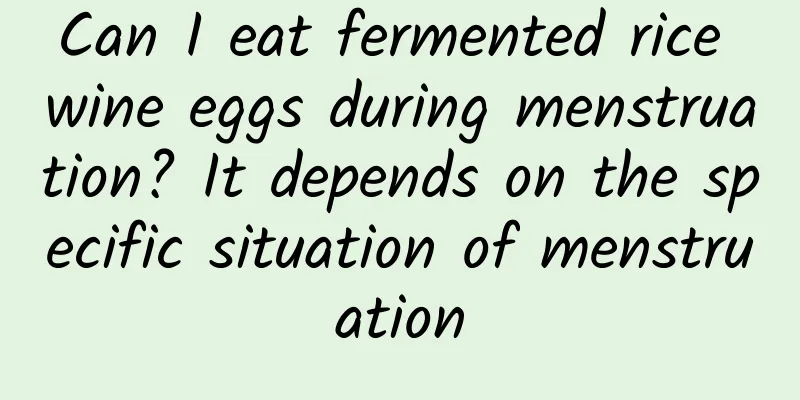What drugs are available for the treatment of pelvic peritonitis?

|
Most women have gynecological inflammation. If gynecological inflammation is not treated in time, the most common cause is pelvic peritonitis, which is very harmful to women. After suffering from this disease, they need to rely on injections and medication, or even hospitalization. Traditional Chinese medicine has distinct methods for treating this disease. The article I’m going to share with you below is about the treatment of pelvic peritonitis with traditional Chinese medicine. Peritonitis is an inflammation of the parietal and visceral peritonitis of the abdominal cavity, which can be caused by bacteria, chemical, physical damage, etc. According to the pathogenesis, it can be divided into primary peritonitis and secondary peritonitis. Acute purulent peritonitis involving the entire abdominal cavity is called acute diffuse peritonitis. Medication for the treatment of pelvic peritonitis Dandelion Ingredients: 30g red vine, 15g each of Millettia reticulata, wild chrysanthemum, dandelion, physalis, red peony root, and honeysuckle. Treatment method: 1 dose per day, decoct in water to 200ml, cool to 37-40℃, and retain enema. Rhubarb Zedoaria Leaves Raw materials: 300g each of hibiscus leaves and rhubarb, 240g each of scutellaria baicalensis, coptis chinensis, phellodendron chinense, and zedoaria leaves, and 9g of borneol. Treatment method: Grind the wood into fine powder, boil it with rice wine, apply it on the lower abdomen, and change the dressing twice a day. Peach kernel Raw materials: 30g each of red vine, Patrinia chinensis, and Taraxacum mongolicum, 15g each of peach kernel and red peony root. Treatment method: decoct the above medicine twice, take 400ml of juice, cool to 37℃, and perform enema twice a day, morning and evening. One course of treatment is 7 days. Salvia miltiorrhiza and red peony root Raw materials: 30g red vine, 20g dandelion, 15g salvia miltiorrhiza, 15g red peony root, 15g coix seed, 15g smilax glabra, 10g phellodendron, and 10g moutan bark. Treatment method: Take 1 dose per day, decocted in water. After the experts have shared some relevant knowledge about the treatment of pelvic peritonitis with traditional Chinese medicine, in daily life, if some patients are unwilling to be hospitalized for injections, we can follow the experts' advice and adopt traditional Chinese medicine treatment. In addition, we must insist on taking the medicine every day, and 7 days is a course of treatment. |
<<: Is pelvic peritonitis contagious?
>>: What are the traditional Chinese medicines for treating chronic pelvic peritonitis?
Recommend
Introduction to drug treatment of Bartholinitis
Experts point out that in the early stage of Bart...
Analyze the multifaceted causes of clinical pelvic inflammatory disease
In recent years, the incidence of pelvic inflamma...
Irregular menstruation, how to calculate ovulation period
In order to prepare for pregnancy, many women wil...
It’s not intentional~Fat people always move too little, which is actually related to abnormalities in the dopamine system!
We know that exercise can improve health and brin...
Too lazy to exercise? Study: Hot baths can also help burn fat and balance blood sugar
Going to work and working overtime every day cons...
Can I get pregnant after having amenorrhea?
Amenorrhea after childbirth is usually caused by ...
What should women do when they have dysmenorrhea?
What to do with dysmenorrhea? This is a question ...
Healthy diet tips for patients with Bartholinitis
What should patients with Bartholinitis pay atten...
Why is there no bleeding after a painless abortion? The bleeding stops on the same day.
Why don't you bleed after an abortion? Painle...
How to distinguish the common types of vaginitis?
Vaginitis is a very familiar gynecological diseas...
What are the main manifestations of the harm of cervical warts?
As we all know, cervical warts are a very harmful...
Do you know what are the causes of dysmenorrhea?
Most women nowadays will experience dysmenorrhea,...
Secondary dysmenorrhea is caused by many factors.
Secondary dysmenorrhea is caused by many factors,...
What happens if I haven’t had my period for three months?
What happens if I haven’t had my period for three...
Can uterine coldness lead to adenomyosis?
Uterine coldness is a common symptom in women. Ut...









